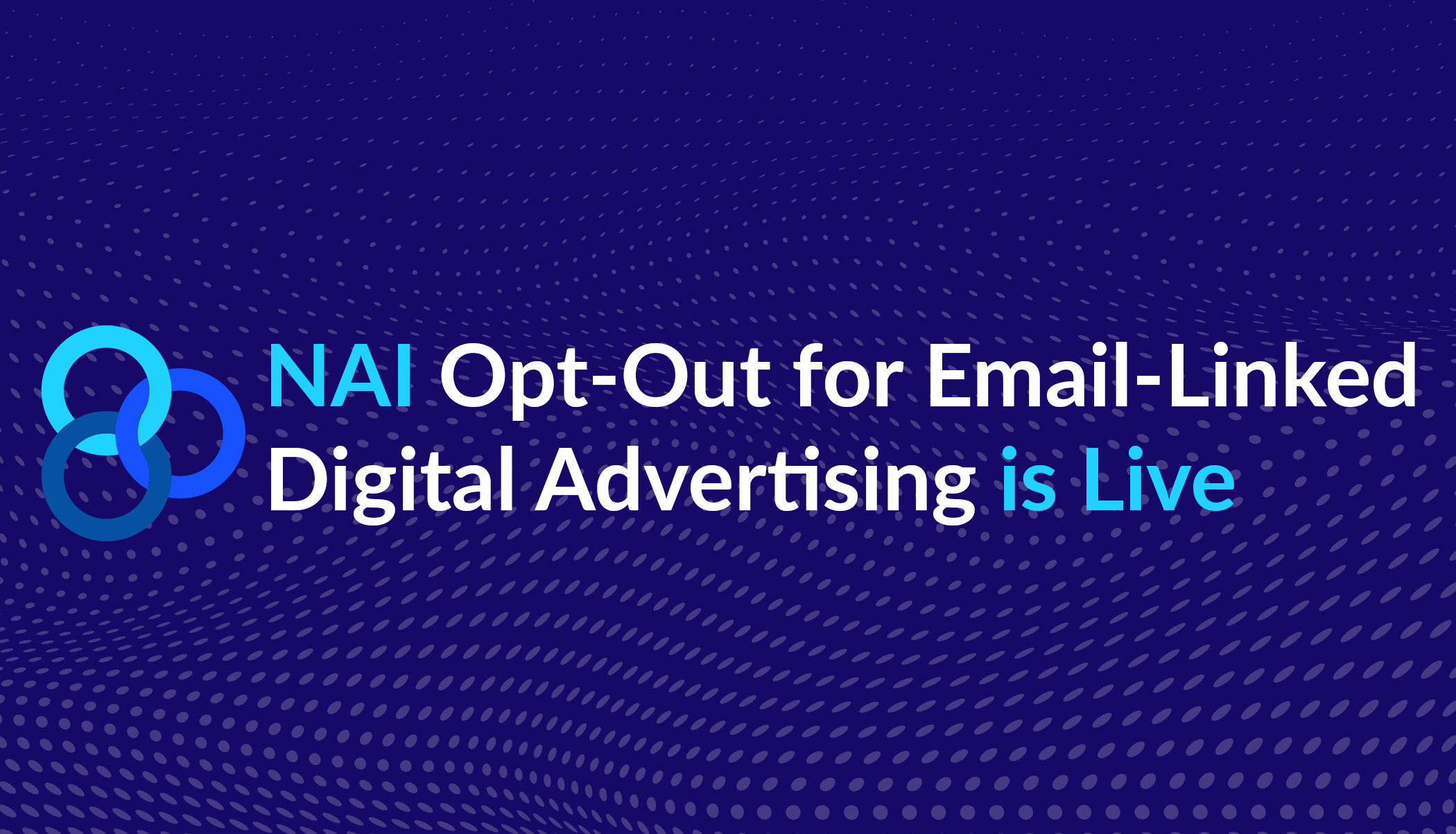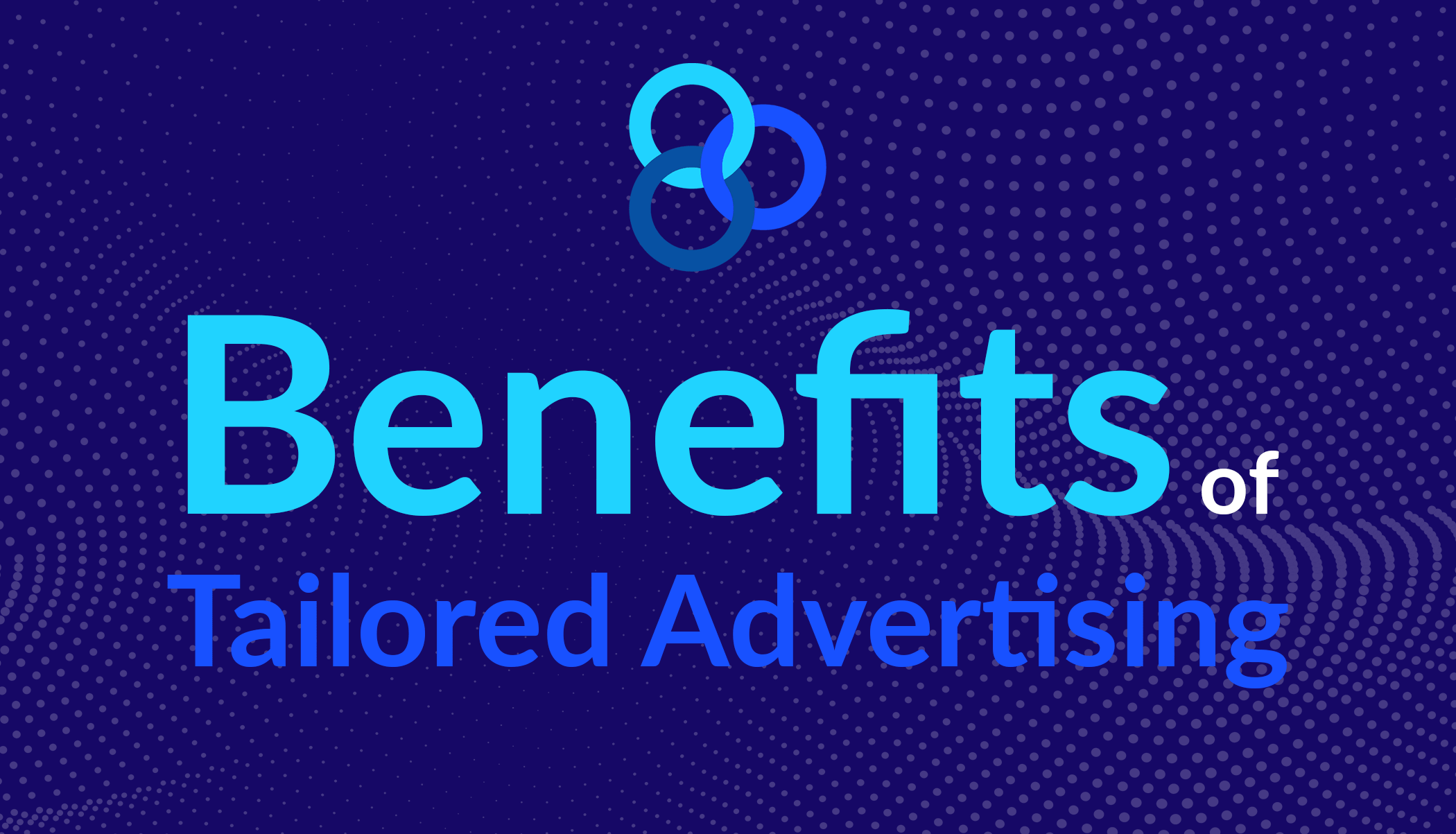Hacking is a Bigger Consumer Concern than Data Collection for Online Advertising
With a massive data breach at Target that may have compromised as many as 40 million credit and debit cards splashed across headlines, data security and identity theft are on the minds of many U.S. consumers these days. Hackers were able to steal names, account numbers, expiration dates, and perhaps other information including PIN data in what could be the second largest data breach at a major retailer, causing consumers to think twice about their purchases – both offline and online. Unfortunately, the theft of personal and financial information is a reality that many are dealing with right now, and for those affected, I think it’s safe to say that hacking is a more immediate, top of mind concern right now than the use of anonymous and pseudonymous information to generate interest-based advertising campaigns.
In fact, the Computer & Communications Industry Association (CCIA) recently released the results of a new poll that supports the fact that consumers are more concerned about hacking by cyber criminals than tracking by online advertisers.
According to the CCIA, of 1,000 survey respondents: “Overall, 75% are worried about their personal information being stolen by hackers and 54% are worried about their browsing history being tracked for targeted advertising. However, when voters are forced to choose which one is more important to them their focus is almost unanimously (87%) directed on the need to protect their personal information from those who would use the info to harm them. Even those worried about tracking (the 54%) are more worried about hacking by an overwhelming majority (84% to 8%).”
The survey results go on to reveal that these consumers are, in large part, doing what they can to protect themselves from hackers online, but they want the government to go more aggressively after cyber criminals. We agree. And in the past many members of NAI have supported federal data breach and federal data security legislation — legislation designed to protect sensitive consumer information that can cause real harm, like credit card fraud or identity theft, when in the wrong hands.
While 68% of survey respondents have taken an active role in adjusting their privacy settings, only 2% did so because they didn’t want to see targeted ads. In fact, twice as many survey respondents indicated that they would rather have free online services supported by targeted advertising than a paid service with no targeted ads.
See the full survey results here.








